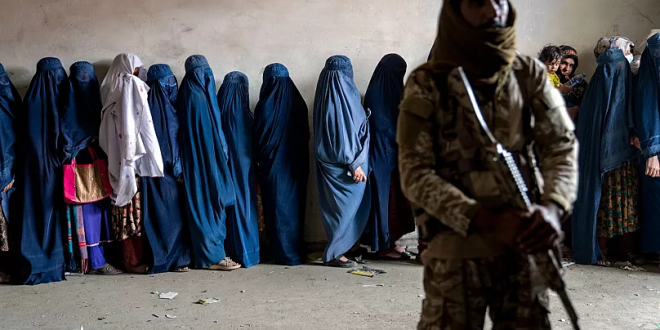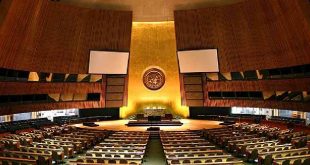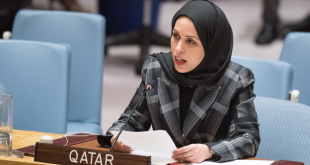KABUL – The International Criminal Court (ICC) has issued arrest warrants for two top Taliban officials — Supreme Leader Hibatullah Akhundzada and Chief Justice Abdul Hakim Haqqani — over crimes against humanity, accusing them of gender-based persecution of Afghan women and girls under Taliban rule since August 2021.
In a landmark move, the ICC said the two leaders are responsible—“through orders, incitement, or assistance”—for widespread violations, including rape, torture, abduction, deprivation of liberty, and systematic discrimination, which continued until at least January 2025. Prosecutors emphasized that the Taliban’s policies stripped Afghan women of basic freedoms such as education, work, healthcare access, travel, and public speech.
The charges also include persecution based on gender and sexual orientation, with ICC Prosecutor Karim Khan stating, “The Taliban’s actions institutionalized a system of domination and oppression targeting women and girls.”
Taliban Dismisses ICC, Says It Doesn’t Recognize the Court
In a swift response, Taliban spokesman Zabihullah Mujahid rejected the ICC’s legitimacy, declaring:
“We do not recognize any entity under the title of the ‘International Court,’ nor do we acknowledge any obligation toward it.”
He condemned the move as an “insult to Islam” and a politically motivated attack, accusing the West of double standards while ignoring atrocities elsewhere.
The Taliban, which claimed in May 2025 that Afghanistan was no longer party to the ICC’s Rome Statute, insists its governance is based on Islamic Sharia law and outside the jurisdiction of international tribunals.
Enforcement Uncertain Amid Limited Recognition
With no police force of its own, the ICC relies on member states to arrest indicted individuals—a prospect seen as remote, especially since Russia officially recognized the Taliban government just last week. Human rights groups have applauded the arrest warrants, urging the international community to refuse legitimization of gender apartheid and to hold Taliban leaders accountable.
This marks the first time the ICC has issued arrest warrants related to gender persecution as a central charge, setting a powerful precedent for future prosecutions of oppressive regimes.
 Afghanistan Times
Afghanistan Times



